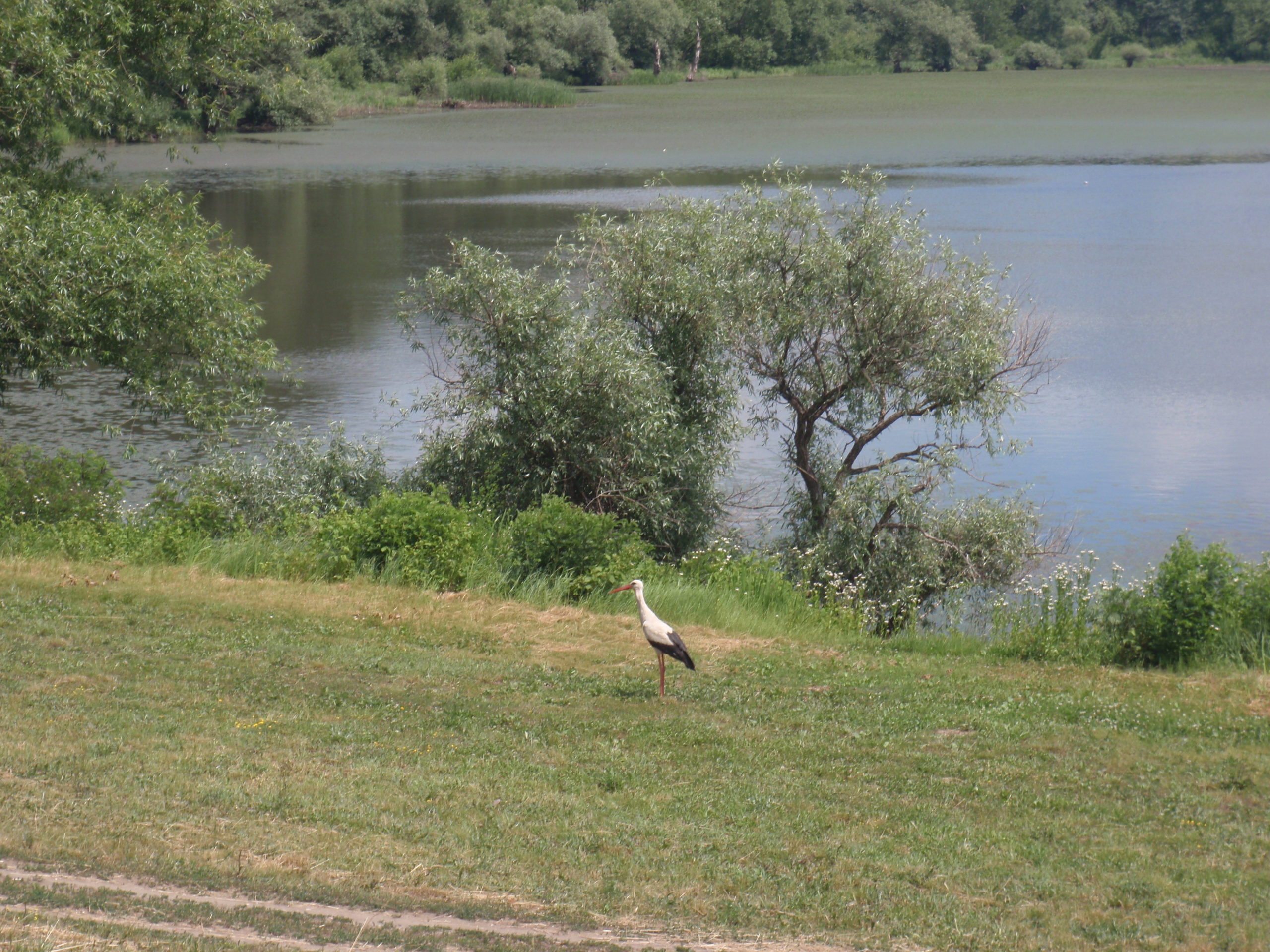Climate change, the long-term shift in global and regional climate patterns, has visible effects in the Danube region. The annual average temperature has been rising steadily for decades, but the most challenging problems arise from extreme weather events. Mitigation and adaptation policies are necessary and require joint efforts of cities, regions and national governments and also widening the participation of non-state and non-governmental actors. Several aspects, such as reducing the greenhouse gas emissions and implementing natural water retention solutions involve more the regional and local decision-makers.
In order to propose and implement mitigation and adaptation strategies to climate change, local authorities need up-to-date information on relevant indicators, user-friendly smart IT tools, inspiring best practices examples as well as the participation of the entire community.
EUSDR Priority Area 5 – Environmental risks, jointly coordinated by Hungary and Romania, acts to improve the climate resilience in the Danube Basin. It supports the implementation of relevant projects and encourages the design of climate change adaptation strategies and action plans. In this respect, the project “Municipalities as integrators and coordinators in adaptation to climate change” (LIFE-MICACC), financed by LIFE programme, represents a relevant example.
One of its outcomes, the Adaptation Guide for municipalities, provides a comprehensive view on the role of municipalities in climate change adaptation. It includes examples of natural water retention solutions in areas with different geographical features (e.g. water and sediment retention in small ponds and reservoirs, open canals, drain piping and pipeline irrigation, restoring wetland habitats and floodplains, forestation of upper river basin areas, water retention in agricultural areas, storing water in drainage canals, log dams, reservoir ponds, water permeable pavement etc.). The guide presents in detail tailor-made solutions adopted by municipalities of Bátya, Püspökszilágy, Ruzsa, Rákócziújfalu, Tiszatarján (Hungary) to limit the negative impacts of climate change. The above-mentioned localities took part in five pilot projects and demonstrated how the proposed solutions work.
On these occasions, the vulnerability assessment was a useful tool for mapping and ranking the available local resources and for designing potential intervention measures. The solutions can be easily extended to other human settlements which are exposed to frequent extreme weather events and have limited adaptability and infrastructural resources.
The Adaptation Guide for municipalities and the summaries of the pilot projects are available in 10 EUSDR languages and in English. Thus, the local authorities have an enriched knowledge base on possible actions to be taken by municipalities and on effective engineering solutions to tackle climate change. They are better prepared to investigate and face the local challenges by using appropriate planning instruments for the benefit of the community. The results of the project are relevant for national authorities, as key information and specific knowledge gained from local experimentation could be used for the design of national climate policies.
EUSDR PA 5 supported the dissemination of the project results, thus increasing the visibility of the solutions among interested stakeholders. As stated in their action plan, PA 5 is engaged to take further actions for building a resilient, adaptive and balanced environment in the Danube Region.
Photo: Water retention in grabens; © Csaba Vaszkó WWF HU




